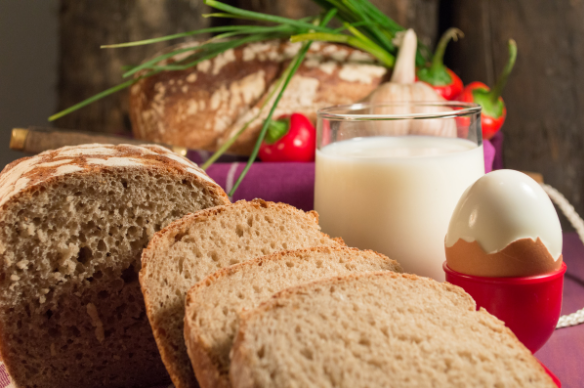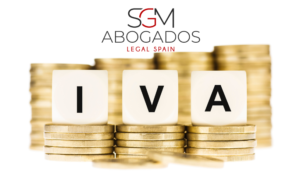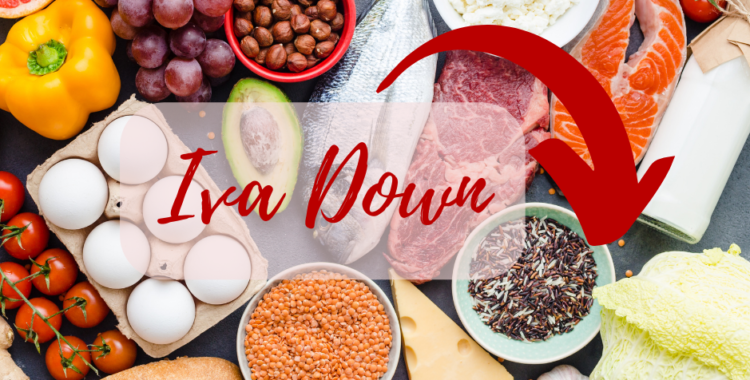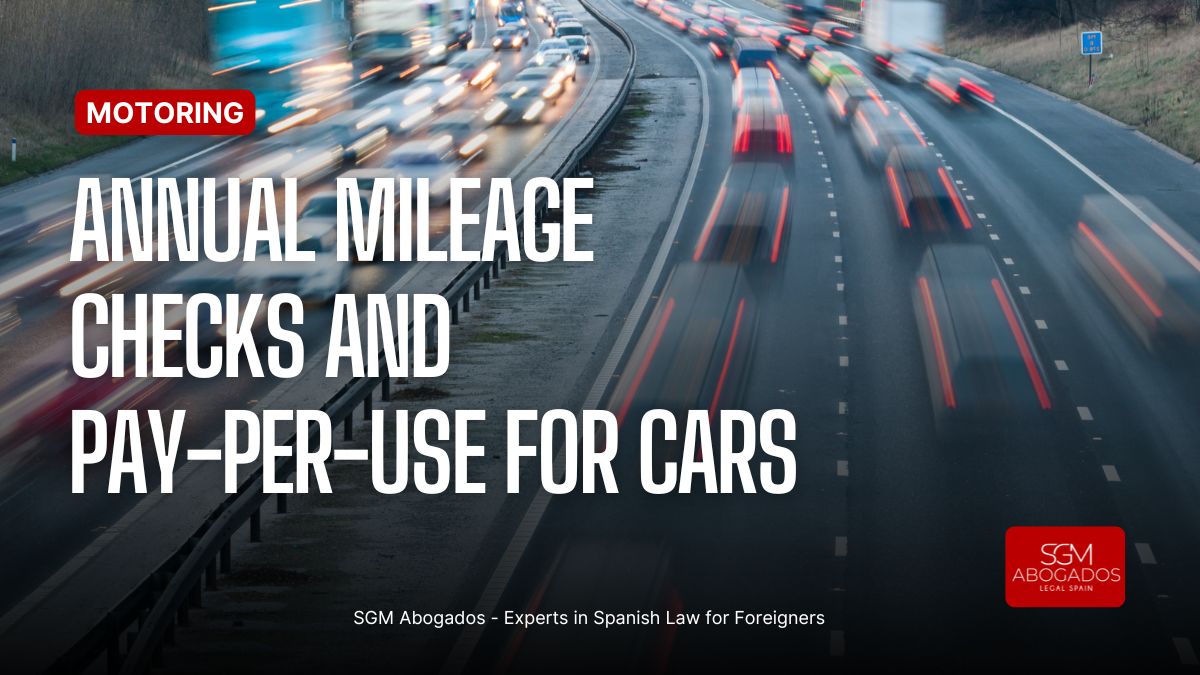IVA (vat) in Spain and the new measures!
These are the staple foods that remain with a 0% VAT for six months

The Government approved in the Council of Ministers new measures to stop the increase in the price of food, which has been increasing gradually in recent months. The figures grew only in November by 15.3% in the interannual rate.
Among these proposals is the VAT reduction for certain foods and to lighten the cost of the shopping basket for citizens. The drop in the rate affects necessities, which are left without the super-reduced VAT by passing its rate from 4% to 0%.
The temporary suppression of the Value Added Tax (VAT) on basic products will be applied to foods such as bread, milk, eggs or fruit and vegetables, while it will drop from 10 to 5% in oil and pasta. The minimum VAT is governed by a 1992 law to which other foods have later been incorporated, as was the case with the 2019 bread quality standard, which with the new definition of common bread includes bread made with flour other than wheat or whole grains and other cereals.

Meanwhile, the general group of foods is taxed at 10%, among which are fish, meat, oil, or pasta.
Only these last two products -oil and pasta- will benefit from the VAT reduction to 5%, as explained by the President of the Government.

Meanwhile, alcohol and sugary drinks will continue to be taxed at 21%, like tobacco, after the recent tax increases in these two categories.
According to the latest data from the National Institute of Statistics (INE), food and non-alcoholic beverages became more expensive by 15.3% in November compared to the same month in 2021, one tenth less than the maximum increase registered in October.
The VAT reduction on food will begin to be seen from January 1 2023, and will be temporary, since Pedro Sánchez announced that it would be in force during the first half of the year.
The rule details that the reduction in the tax rate will fully benefit the consumer, without the amount of said reduction being able to be used “totally or partially to increase the business profit margin with the consequent increase in prices.”
To this end, the Government has confirmed that it will verify through a “price evolution monitoring system” that this reduction occurs correctly, regardless of the actions corresponding to the National Commission for Markets and Competition in the field of its powers”.











